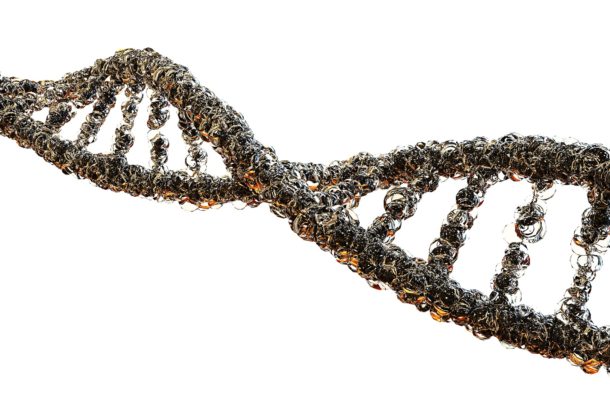Australia needs a moratorium on genetic tests for life insurance

Australian Life Insurers will no longer be able to use predictive genetic test results in underwriting, if recommendations tabled by a Parliamentary Inquiry into Life Insurance are adopted.
The recommendations would bring Australia into line with much of the developed world, who have banned the practice, and are being welcomed by Monash Public Health and Preventive Medicine’s Head of Genomics, Dr Paul Lacaze.
Dr Lacaze said the move “represents an important step forward for Australia. The ban, if implemented, will enable progress in healthcare and medical research by removing a significant ’black-cloud’ over the Australian system. The benefits of genomics, of which there are many, can only be achieved if public trust and willingness to participate is maintained, not deterred by insurance fears.
“We applaud the Inquiry for its in-depth consideration of the issues and recommendations. The government now need to follow this with action to implement the proposed ban and a new regulatory regime.”
Dr Lacaze and colleague Ms Jane Tiller presented evidence to the inquiry conducted by the Parliamentary Joint Committee on Corporations and Financial Services in May and December 2017, arguing that the current self-regulated use of genetic information by the industry has negative consequences for consumers and for research.
The Inquiry’s findings reflect concerns reported by the genetics community that some people forego potentially life-saving tests, or decide not to participate in medical research involving genetic testing, because of fears of genetic discrimination by insurers.
Ms Tiller says, “We welcome the inquiry’s recommendation of an urgent moratorium, which will protect the rights of Australians seeking to proactively manage their genetic health risks, and of research participants who contribute so much to society. We strongly urge the Australian government to ensure implementation of the inquiry’s recommendations as a matter of urgency.”
Those bearing the brunt of current practices include Australians at increased risk of cancers due to inherited genetic mutations, including breast and colon cancer, as well as other genetic conditions.
The recommendations make allowances for people willingly supplying genetic information to show they are not at risk; for example, a woman with a family history of breast cancer and whose family is known to harbour a BRCA mutation, who can show she does not carry the family mutation.
Some people with inherited cancer mutations can reduce their overall risk of cancer to that of the general population, via mitigating actions such as surgery or increased frequency of cancer surveillance. In a number of Australian cases brought to the Inquiry’s attention, individuals who achieved this were still denied life insurance coverage.
The current practice is also a serious concern for Australian medical researchers, in this critical period of evidence generation for genomics.
All genetic testing results, including research results, must be disclosed to life insurers by applicants, which has led to some people declining to participate in genetic research. The Inquiry’s findings recognise the dangers this poses to the success of Australian genomics initiatives.
The Inquiry calls for the Financial Services Council to urgently update its code to prohibit the practice, and that until the Code is updated, a ban be implemented. It further recommends the government should monitor the FSC’s implementation of these changes and implement legislation if life insurers fail to implement or abide by them.

Open Forum is a policy discussion website examining the social, political, economic, cultural and environmental issues of today. We welcome contributions and invite you to follow us on Twitter, Linkedin, Federated Press and Vivaldi Social. We #StandwithUkraine.













